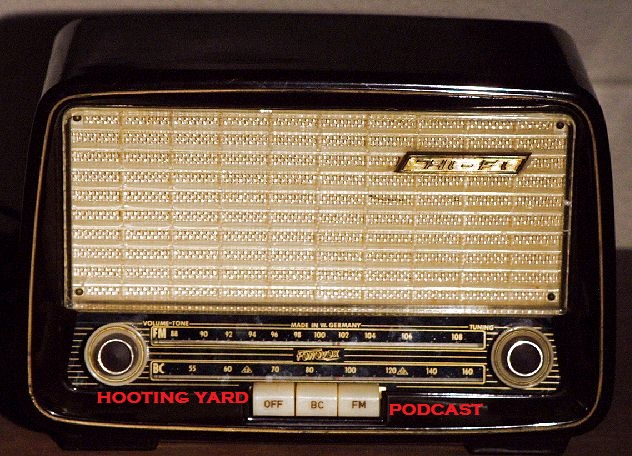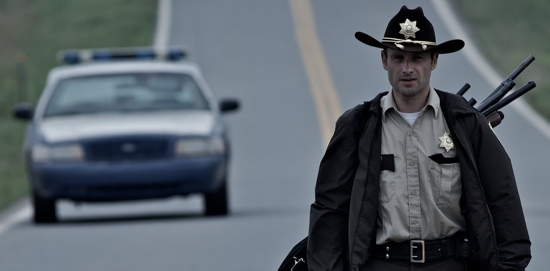I had some guns and I had some butter. Early in life, one learns to put guns before butter, even though if one were to follow the alphabet strictly, one would put butter before guns. But I learned my lessons well, so whenever I buy a new dictionary, and I often do, I turn immediately to the section of words beginning with G, find the entry for “guns”, snip it out with a sharp pair of scissors, then leaf back through the dictionary to the section of words beginning with B, locate the entry for “butter”, then paste in the snipped-out section just above it, with mucilage. Of course, what this all means is that I have a hole in my dictionary and a gap on the reverse of the page where “guns” appeared, and also I have obscured the text just above the entry for “butter” by pasting my snippage over it. But this is a small price to pay for following the edict drummed into me by my parents and my schoolteachers and my military chaplains, one which I have never called into question, though at times I have been tempted to do so.
Yes, sad to say there was a time when I was beset by anxiety dreams, in which I was poised, with a sharp pair of scissors, to cut out “guns” and its definition from a brand new dictionary, the pot of mucilage and a spatula beside the dictionary on the desk, and my hand trembled and I could not make the snip. I had this dream, or nightmare, over and over again for a number of years. In a more alarming variant, I dreamed that I managed to cut out the “guns” entry, but then mislaid it, or dropped it into a wastepaper bin, or it was consumed by flames and I had but a pile of ash, which I then painstakingly tried to paste, atom by atom, into the dictionary, with mucilage, and I would wake up shrieking.
Oddly, it never occurred to me to snip out the definition for “butter” and paste it, with mucilage, immediately after “guns” in the dictionary. Had I ever done so, the net result would have been the same. I would still have had a hole and a gap and an obscured definition, one for a word beginning with G rather than with B.
I have always made it a habit to be in possession of both guns and butter, but to be very clear about which takes priority. When laying my breakfast table of a morning, for example, now I can no longer afford a valet and have to fend for myself, I always place a pair of pistols on the tablecloth first, and the butter dish second. All other necessaries – toast-rack, plate, bowl, nutcracker, and so on – can be laid out in any old order I choose, as haphazard as you like. But I have learned through experience that if I put the butter dish on the breakfast table before the guns, I suffer from terrible indigestion thereafter. Such is the power of the mind. Clearly there is no physiological reason why I will be stricken with gastric horrors in such circumstances, for breakfast is the same every morning, with minor variants. Special K, buttered toast, a handful of filberts and a pot of tea are the four essential items, to which I might add some eggs or porridge, or eggy porridge, but rarely, rarely.
I will usually handle the firearms while chewing my toast, checking they are well oiled and primed, the chambers fully loaded with bullets, and the safety catches on. When I had a valet, I liked to amuse myself by taking pot shots at him, first with one pistol and then with the other, while chewing my toast. He was a lithe valet, as valets go, and he always managed to leap and vault and jump and shimmy out of the paths of the bullets, until that Thursday morning when he did not.
Another instance of my putting guns before butter is when packing my things for a camping and hiking trip. First I pack my guns, then, following Gould’s system, in order, my axe (in cover), axle-grease, bacon, barometer (pocket), bean-pot, beans (in bag), beef (dried), beeswax, Bible, blacking and brush, blankets, boxes, bread for lunch, brogans (oiled), broom, canned goods, chalk, cheese, clothes-brush, cod-line, coffee and pot, comb, compass, condensed milk, cups, currycomb, dates, dippers, dishes, dish-towels, drawers, dried fruits, Dutch oven, envelopes, figs, firkin, fishing-tackle, flour (prepared), frying-pan, guide-book, half-barrel, halter, hammer, hard-bread, harness (examine!), hatchet, haversack, ink (portable bottle), knives (sheath, table, pocket and butcher), lemons, liniment, lunch for day or two, maps, matches and safe, marline, meal (in bag), meal-bag, medicines, milk-can, molasses, money (“change”), monkey-wrench, mosquito-bar, mustard and pot, nails, neat’s-foot oil, night-shirt, oatmeal, oil-can, opera-glass, overcoat, padlock and key, pails, paper, paper collars, pens, pepper, pickles, pins, portfolio, postage stamps, postal cards, rope, rubber blanket, rubber coat, rubber boots, sail-needle, salt, salt fish, salt pork, salve, saw, shingles (for plates), shirts, shoes and strings, slippers, soap, song-book, spade, spoons, stove (utensils in bags), sugar, tea, tents, tent poles, tent pins, tooth-brush, towels, twine, vinegar, watch and key, and then at the very last the butter-dish and cover, with the butter in it. An unfortunate consequence of this system, and one which still occasionally has me tempted to wonder if my parents and my schoolteachers and my military chaplains were indeed correct in their insistence on guns before butter, is that if one needs one’s guns as a matter of urgency, there is a great deal of unpacking and rummaging and faffing in order to get at them.
I remember that once, for example, I set out on a hike, and had got no further than a few yards beyond my garden gate when I was saw, looming ahead of me, a sleuth of ferocious bears. Frantically, I unpacked and rummaged and faffed, but by the time I lay hold of my guns I had had one of my arms torn off and a bloodied lip. Luckily, one shot of my pistol into the air and the ferocious bears became cowardly, and scattered. When I told this tale to a military chaplain in the clinic where they fitted my prosthetic arm, he explained to me that I ought to have used the easily-accessible, because last packed, butter to smear a greasy patch between myself and the bears, upon which they would have slipped and toppled over, giving me plenty of time to unpack and rummage and faff for the guns.
“But then,” I protested, “I would have no butter for my toast during the hike, Padre.”
“You are clearly unfamiliar, my child,” he said, “With that piece of countryside wisdom which goes: ‘In river, stream and rill catch thee perch and pike, But never butter your toast when you’re going on a hike’.”
I had not heard that, but it made a lot of sense. I did wonder where a military chaplain had picked up rustic lore, but he further explained to me that before taking religious orders he had, for many years, been a peasant, and still from time to time had bits of straw stuck in his hair. I felt very fortunate indeed to have him as my spiritual adviser. My late valet, bless his cotton socks, had also tried to dispense pearls of wisdom, and he too had been a peasant before going to valet school, but one thing that always struck me was that he had no view at all on the primacy of guns over butter. I would, for example, summon him to fetch my snippy scissors and pot of mucilage and spatula whenever I bought a new dictionary. Rather than simply doing as he was bidden, like an ideal valet, he would sigh and shuffle from foot to foot, even going so far as to suggest that I might for once leave my dictionary unmodified, with “butter” before “guns”, and employ my time instead with a less exacting activity, such as playing the harmonica or doing conjuring tricks. I had but to lay hold of one of my pistols, in easy reach on the table just in front of the butter, and point it at his head, and he scarpered in search of the scissors and mucilage and spatula. I suspect he would not have been so attentive had I picked up and pointed at him a knob of butter, which just goes to show how right my parents and my schoolteachers and my military chaplains were all along.





